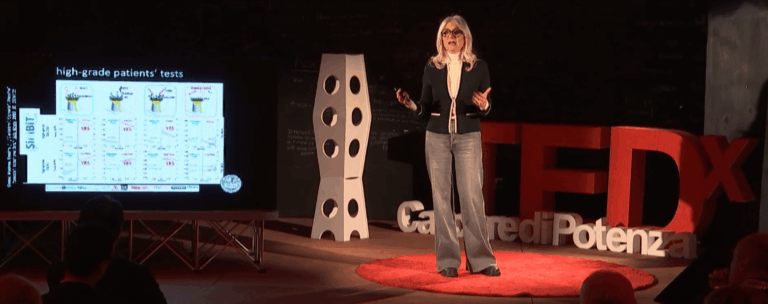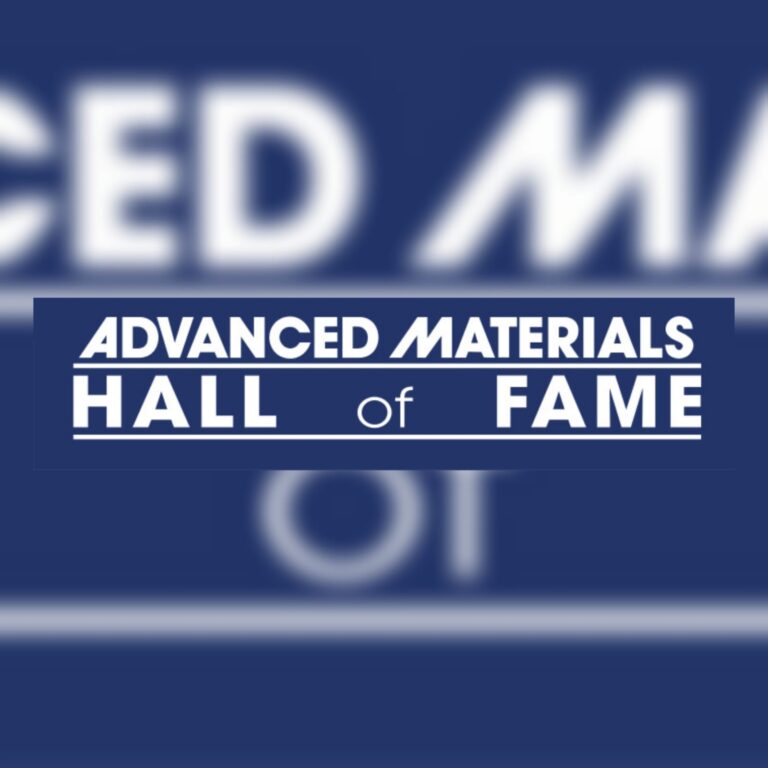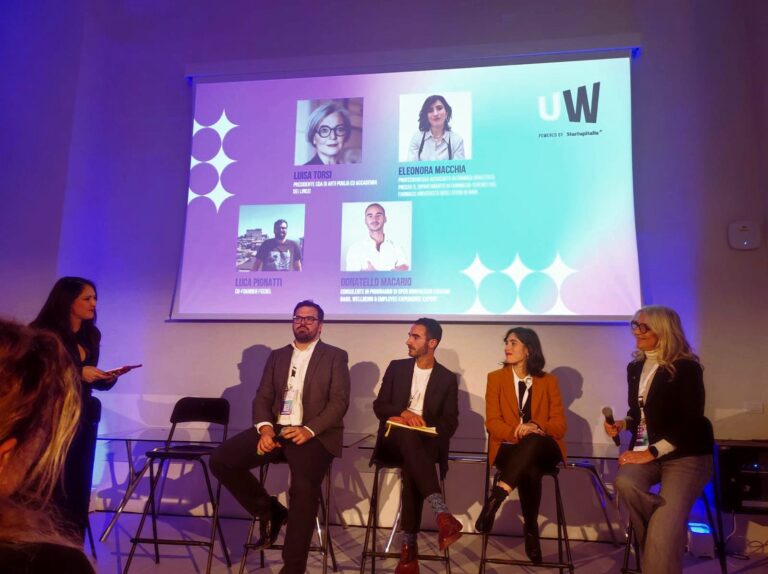Luisa Torsi, full professor of Chemistry at the University of Bari and president of the regional innovation agency ARTI Puglia, is one of the most authoritative voices in Italian research. After receiving the prestigious Exner Medal in 2021—an honour previously awarded, among Italians, to Guglielmo Marconi and Fabiola Gianotti—on 23 May she will fly to Finland to accept an honorary doctorate in Science and Engineering from Åbo Akademi University.
Link to the official event website: https://www.abo.fi/en/about-abo-akademi-university/academic-traditions/conferral-ceremony/doctoral-conferral-ceremony-2025/conferral-ceremony-2025-honorary-doctors-and-jubilee-doctors/
The symbolic value of the award
In her interview with la Repubblica Bari, Torsi emphasises that the symbols used in the Nordic ceremony “represent academic freedom and the authority of scholarship.” It is a call—addressed to institutions and citizens alike—to safeguard research autonomy as a public good.
PNRR funds and beyond: the (meagre) fuel of Italian science
According to the professor, Italy risks falling back to “funding that is far too scant as soon as the PNRR runs out.” To close the gap with other EU countries, she argues for a multi-year structural fund that guarantees:
- Stable contracts (not just fellowships) for junior researchers—in line with the European Charter for Researchers.
- Transparent, harmonised procedures that make mobility within Europe easier.
- Resources earmarked for technology transfer, so that ideas born in laboratories become products and services useful to society.
Art of Technology Transfer
In her role as ARTI president, Torsi points out that Italy “excels in basic research, yet struggles to turn innovation into market-ready technology.” Proposed remedies include targeted mentorship for spin-offs, incentives for regional seed-capital funds, and a culture of “calculated risk.”
Female Role Models in Science
Torsi admits that early in her career she looked for female role models and found few: “We women have fewer reference points, which is why it’s important to put ourselves forward as examples.” Her visits to schools aim to boost STEM vocations and awareness of equal opportunities.
Why It Matters
- National competitiveness → Investing in fundamental and applied research fuels innovation, skilled jobs, and social well-being.
- Under-35 talent → Secure contracts keep bright minds at home and curb the brain drain.
- Gender gap → Figures like Torsi inspire a new generation of scientists and entrepreneurs.
Read the full la Repubblica interview




